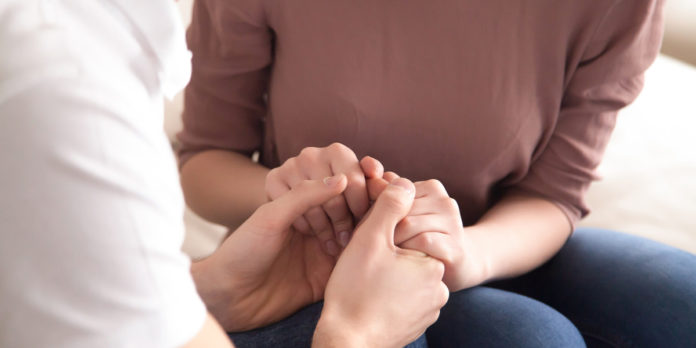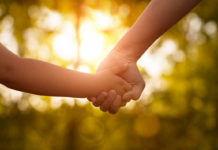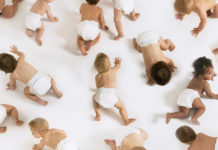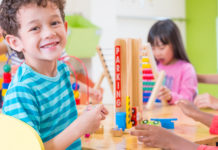
Dr Paulina Billett and Dr Anne-Maree Sawyer, from La Trobe’s Department of Sociology, examined, over a three-year period, the posts of 24 women struggling with fertility issues, as part of an online support group.
The study looked at how infertility can impact all aspects of a woman’s life, including intimate relationships, friendships, self-confidence and daily interactions with strangers.
Dr Billett said, although it’s well known that the ‘rollercoaster’ of IVF can be harrowing, people may not realise the profound social effect it can have on women, and on their self-confidence.
“In Western societies, we almost exclusively link femininity to reproduction and nurturing, meaning many women struggling to conceive feel they have lost their feminine status,” Dr Billett said.
“In the study we observed women lamenting their ‘broken bodies’, even when it was their partner who was medically infertile. This tendency towards self-blame was a common theme that emerged,” Dr Billett said.
Dr Billett said they also observed extraordinary resilience amongst the women. “These women are not victims, but instead show a capacity to overcome adversity which is utterly spectacular,” she said.
The study also looked at how support was offered and received in an online environment, and how close friendships were formed.
“Going through IVF treatment can be a very isolating experience, especially in societies like ours that revere motherhood. We found that online connection between women experiencing the same journey created deep and intimate bonds very quickly,” she said.
Dr Billett said she had a personal motivation for conducting the study. “I have battled with infertility since my early thirties,” she said.
“I’ve discovered that being a childless woman over the age of 40 puts you in a category of ‘other’ in society. People are often shocked or say inappropriate things when they find out,” Dr Billett said.
“By having open discussions about the intense experience so many women face, we hope to reduce that stigma and isolation, and help to prevent some of those deeply hurtful questions and comments,” she said.
(Source: La Trobe University)










